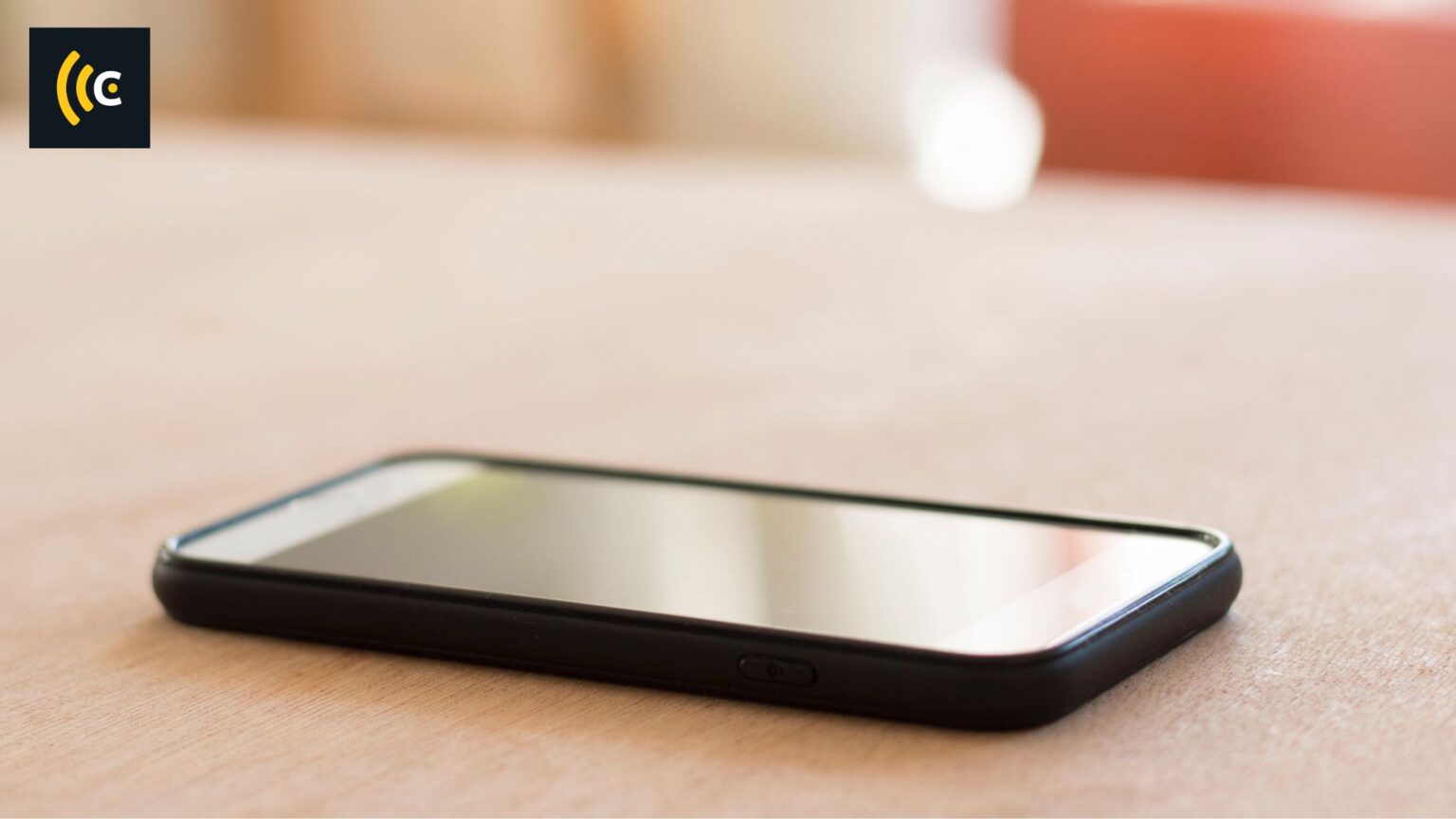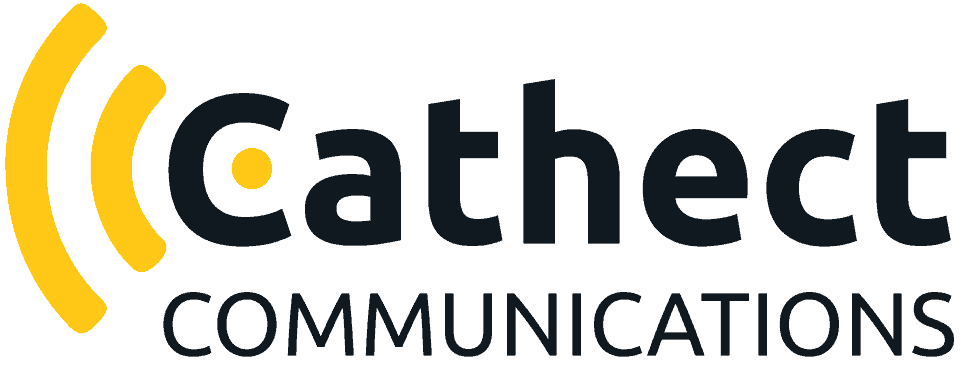
Introduction:
In today’s interconnected world, access to phone services is not just a convenience; it’s a necessity for staying connected with loved ones, seeking employment, accessing emergency services, and participating in modern society. However, for low-income individuals and families, the cost of phone services can be a significant burden. To address this issue, the Federal Communications Commission (FCC) established the Lifeline program, offering affordable phone services to eligible low-income Americans. In this blog post, we’ll dive into the Lifeline program, exploring its benefits, eligibility criteria, and how it supports those in need.
The Importance of Phone Services:
Phone services are a lifeline to essential resources and opportunities:
Communication: Phones are a primary means of staying connected with family, friends, and employers.
Emergency Services: Having a phone is vital for calling 911 and seeking help in emergencies.
Job Searches: Many job applications and interviews are conducted over the phone, making it a crucial tool for job seekers.
Access to Social Services: Phones enable access to government assistance programs, healthcare services, and community support.
The FCC’s Lifeline Program:
The Lifeline program is a federal initiative that provides a monthly subsidy to eligible low-income households, making phone services more affordable. Here’s how the program works:
Eligibility: To qualify for Lifeline, individuals or families must meet specific income requirements or participate in federal assistance programs such as Medicaid, Supplemental Nutrition Assistance Program (SNAP), Federal Public Housing Assistance, or the Veterans Pension and Survivors Benefit Program.
Benefits: Lifeline provides a monthly discount on phone services, which can include landline or wireless options. This discount helps eligible households reduce the cost of staying connected.
Participating Providers: Many phone service providers participate in the Lifeline program, offering discounted plans to eligible customers. This ensures that low-income households have access to reliable and affordable phone services.
Impact on Low-Income Americans:
The Lifeline program has a profound impact on the lives of low-income individuals and families:
Communication: Lifeline ensures that low-income households can stay in touch with family, friends, and employers, reducing social isolation.
Safety: Phones are essential for accessing emergency services, enhancing personal safety for program participants.
Employment: Job seekers can use their phones for job applications, interviews, and coordinating transportation, improving their chances of finding employment.
Access to Services: Lifeline enables participants to access social services, healthcare providers, and community resources more easily.
Conclusion:
The FCC’s Lifeline program is a lifeline of its own for low-income Americans, offering access to affordable phone services that are essential for communication, safety, and economic opportunities. By reducing the financial burden of phone bills, this program plays a vital role in promoting social inclusion and equality. As we navigate an increasingly connected world, the Lifeline program remains a beacon of support for those who need it most, ensuring that no one is left behind in the digital age.
